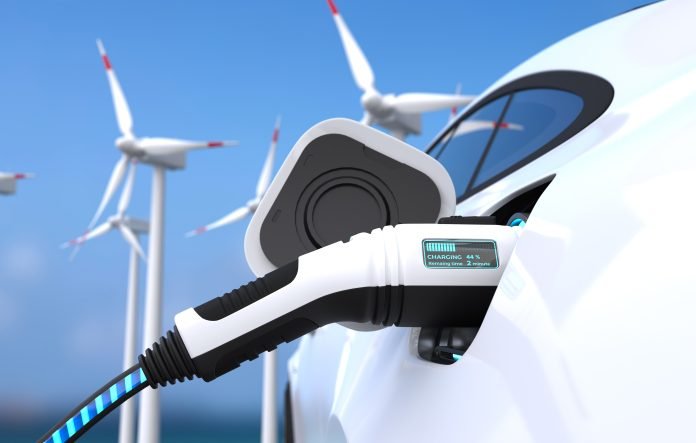
The University of South Australia (UniSA) Mawson Lakes campus is considering offering free or nominal EV charging to staff and students by optimizing its solar PV system.
By considering factors such as the annual cost of grid electricity consumption, PV generation costs, EV charger expenses, and annual revenue from EV charging fees, the researchers determined that the number of EV chargers should be approximately 69% of the actual number of electric vehicles on campus.
As the Global EV Outlook 2023 highlights, worldwide electric vehicle sales nearly doubled in 2022 compared to 2021, exceeding 26 million units. This signifies a remarkable 60% increase from the previous year and a staggering 500% growth compared to 2018. Australia aims to increase the impact of electric vehicles, aiming to reach around 25% by 2030 and exceed 80% by 2050, according to the 2021 Electric Vehicle Opportunity Assessment Report and Australian Electric Vehicle Market Study. Moreover, the initiative supposed to reduce the campus’s net annual energy costs, peak power demand and align with Australia’s net zero emission targets by 2050 and the Australian Capital Territory (ACT) has officially declared that they intend to prohibit the sale of new fossil fuel-based cars by 2035.
The research, led by Professor Mahmuz Aziz, Dr. Mohammed Hague, and PhD researcher Yan Wu, pointed attention to the potential benefits of using excess PV generation to support EV charging, contributing to a more balanced grid demand profile and clean green environment. The findings are published in the journal Renewable Energy.






